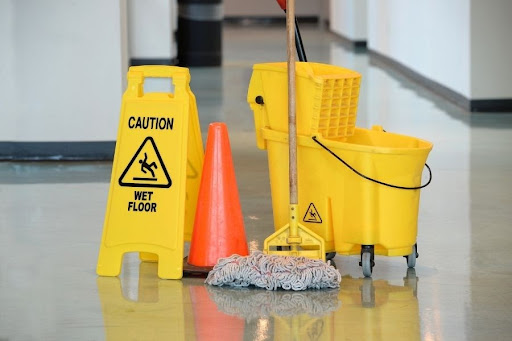
How to file a workers compensation claim
For anyone injured on the job, workers’ compensation can serve as a lifeline. If you find yourself in this situation, you probably feel stressed about the uncertainty of the future, wondering how you will pay medical bills along with other daily expenses.
Filing a workers’ comp claim can help you and your family with these expenses so that you can focus on your recovery. However, workers’ comp claims are often complex and those who are unexpectedly hurt and unable to work often don’t know how to properly file a claim. That is what we’ll discuss in this article, so you can ease some of the uncertainty that comes along with a work injury.
Is my injury eligible for workers comp?
You are eligible to receive workers’ compensation if you are injured while acting within the normal scope of your job.
Exceptions:
- You may not be able to receive workers’ compensation if your injury can be remedied by basic first aid, such as small cuts or scrapes, and does not require treatment by a medical professional.
- If you are doing something illegal while at work and you’re injured as a result, you will not be eligible to receive worker’s compensation payments.
If you are an independently contracted worker, you may not qualify.
Do I have to be at work when I’m injured to receive workers comp?
No. As long as you were performing a work-related duty when you were injured, you are eligible for workers comp regardless of your physical location at the time the injury took place.
Exceptions:
- Commuting to work is generally considered outside of the scope of your employment, and an injury that happens during your commute will not qualify for workers’ comp.
How do I report a workplace injury?
Before filing a worker’s compensation claim, you should first report your injury to your employer. It’s important to do this as soon as possible. If you wait too long, it could negatively impact your claim.
It’s a sad fact that there are those who are looking to defraud the system and file a workers’ comp simply for financial gain. The longer you wait to file a claim, the less likely that you’ll maximize your benefits. Waiting to file allows too many opportunities and questions as to the true extent and severity of your injury.
For this same reason, it’s important to also seek medical treatment as soon as possible. This allows your recovery to begin while also adding to the legitimacy of your claim.
What happens after I report my injury to my employer?
A first report of injury filed (FROI) with the BWC will begin your formal claim. This can be done by either your employer or your doctor, however, if neither party reports your injury to the BWC, then you will have to report it yourself.
You can do that here: File a workers comp claim with BWC
Next, the BWC will review your claim by speaking with you, your doctor, and your employer. It’s important to be honest and thorough with officials. If you are approved, you will begin receiving benefits. However, if you are denied, your workers’ comp lawyer can help you prepare an appeal, which must be filed within 14 days. Even if you are approved for your claim, the BWC may pay you insufficient benefits.
Your next step is to hire a workers comp lawyer. Workers’ comp claims can be very complex. The best chance at getting the compensation you deserve is to have an experienced workers comp lawyer to ensure nothing is overlooked. As a workers comp lawyer, I’ve helped over 3,400 people get the benefits they deserve. I understand every part of the workers’ compensation process in Ohio, and I can help you make sure that you get the help you and your family need during this difficult time. Contact me for a free case evaluation.



